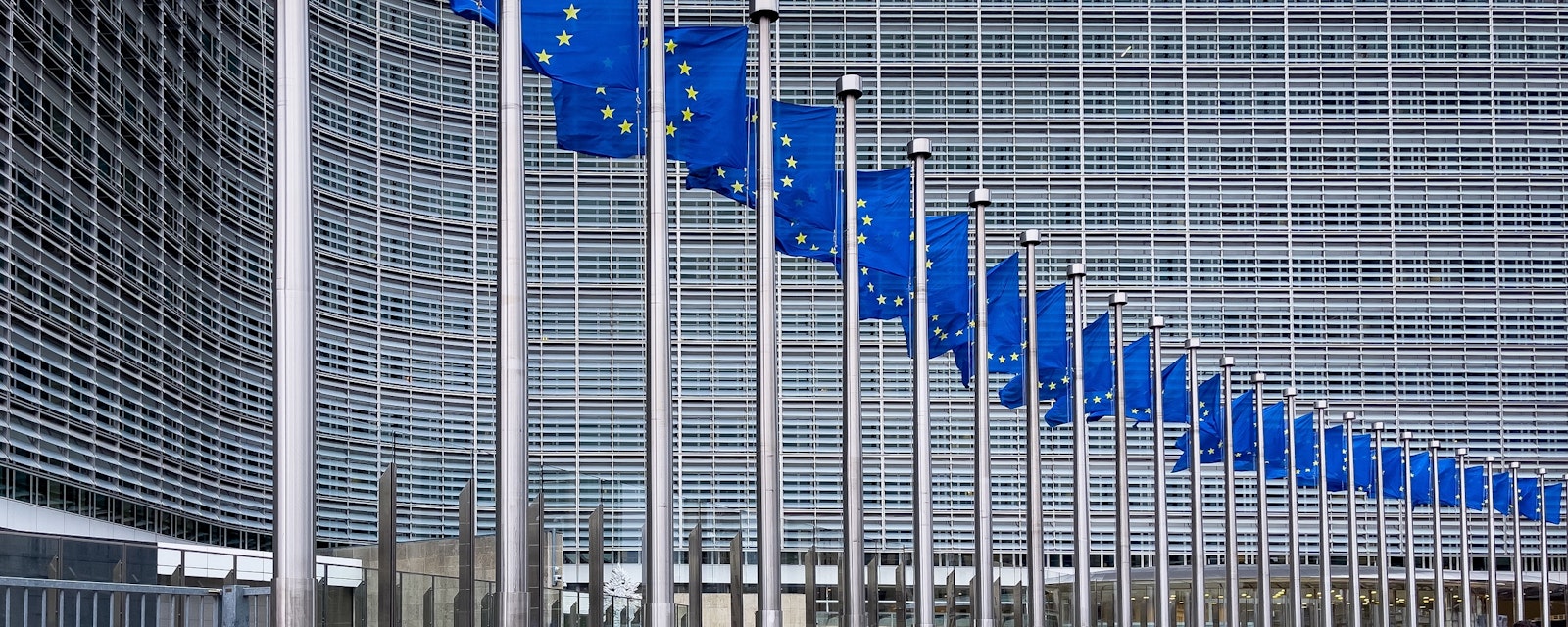EU member states are expected to decide on 4 October to make currently preliminary tariffs on Chinese EVs permanent. While last-minute efforts to find a negotiated solution have been ongoing, it seems unlikely that the skeptics can overturn the European Commission’s proposal.
A so-called qualified majority would be required where 15 member states, representing 65% of the EU’s population, opt against the Commission’s proposal. Spain seemed to have joined the skeptics, confronted with a mix of retaliatory threats and offers of greater investment in talks with the Chinese government. In contrast, Italy remained steadfast. While German Chancellor Olaf Scholz is personally opposed to the tariffs, his coalition partners might be more open to the idea. The less likely an overall blocking majority becomes among member states, the more likely is Berlin to ultimately abstain in the EU vote.
Meanwhile, EU-China talks have continued about maximum imports and minimum prices. However, the Commission seems unimpressed by the proposals allegedly on the table. Brussels is adamant that any measures must be transparent and enforceable, as well as compliant with WTO law. Strongly backed by France, the Commission fears that a deal short of its red lines would fail to address the structural question of large-scale state support for EV makers in China.
In a nod to the skeptics, the Commission is expected to include language that will allow for the current talks with Beijing to continue, opening the opportunity to remove the tariffs in the future. The underlying expectation in Brussels, Paris, and among policy-elites, including in Germany, is that China will not react with an outright trade war. With about 60% of global EV production expected to go to Europe by 2030, and the US market effectively closed for Chinese manufacturers, Beijing might indeed have a lot to lose. As such, EU-China relations on the EV issue will be a test case for the validity of European assumptions.
In broader geoeconomic terms, the Macronist worldview seems to have prevailed. The idea is that Europe will only be taken seriously in both Washington and Beijing if it takes a tough line in negotiations, using the size of its internal market as a power resource. Negative comparisons of Scholz with Angela Merkel, who allegedly managed to set EU policy from Berlin, remain blind for such structural changes. Most importantly, Merkel’s policies were the opposite of what pro-EU policy elites critical of Scholz demand of the chancellor today. Leveraging the supply-side reforms of her pro-Russian predecessor Gerhard Schroeder, Merkel insisted on completing Nord Stream 2, on the EU-China investment agreement, and on weaker EU emission targets for (German) makers of combustion engine cars.
Geopolitical change has ended this old world and is negatively impacting Germany’s traditional export model. Given its importance for the rest of the bloc, the severity of Germany’s shock will also affect the wider EU. However, the magnitude of the challenge for businesses – and the potential for medium-term domestic pushback – are regularly underestimated in geopolitical commentary. In the latter, the declining market share of European automakers in China proves the structural necessity of tariffs, in contrast to Scholz’s allegedly short-sighted support for German carmakers. However, this ultimately implies that individual automakers could immediately write off a market still accounting for up to one third of their global sales today. Instead, the implications for German businesses, the EU economy, and Scholz’s electoral prospects should all be watched.




